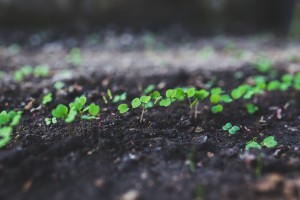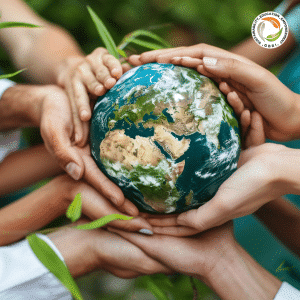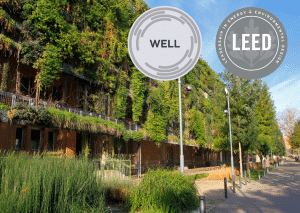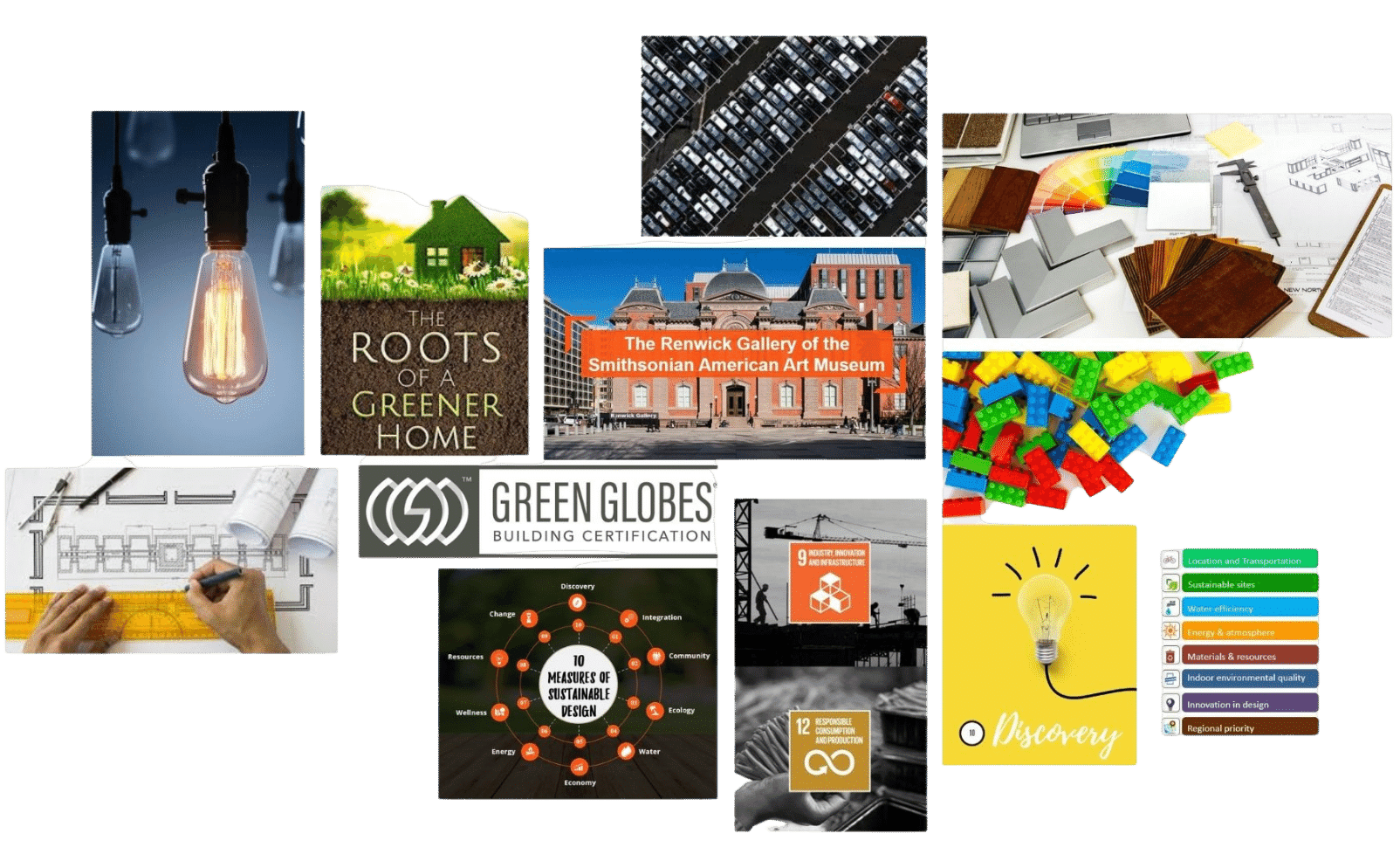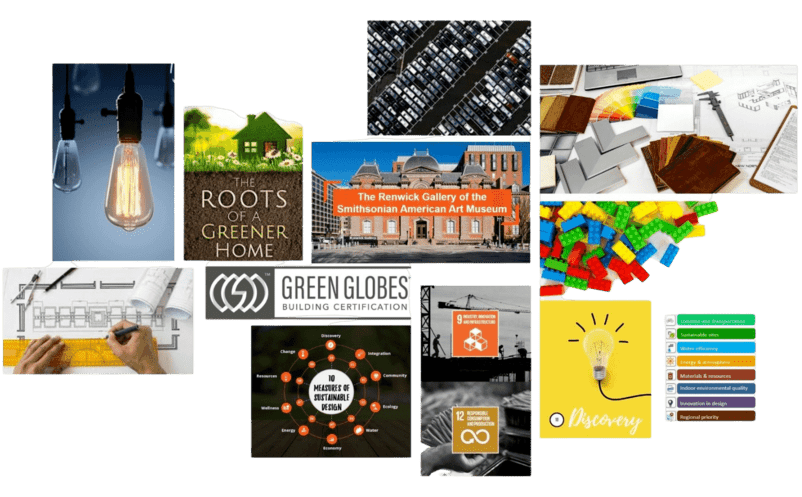#1- Attend an online event & appreciate the beauty of our Earth
Get out of the indoor environment we spend 90% of our time in and experience the majesty of this pale blue dot on Earth Day. The site www.earthday.org will be doing a 24 hour live stream celebrating Earth Day this year due to the many restrictions due to COVID-19. Or if solitude appeals more, venture outside and take a moment to absorb the sights, smells, and sounds.
After experiencing the beauty of the natural world, use this occasion to make a commitment to reduce your footprint on the earth. Modern culture contains an obsession with waste. Single stream and single use products abound in stark contrast to the rhythms of nature. Public preserved lands are in need of litter removal volunteers.
#2- Planting/Rehabilitating Natural Spaces
Trees are an important and vital component of the natural environment. Trees have 3.7 million years of evolutionary fine tuning to extract CO2 from the atmosphere to generate sugar via sunlight. Trees possess the greatest ability of removing CO2 from the atmosphere. This Earth Day, resolve to plant a natural CO2 fixer on any bare unused space.
Planting does not only pertain to trees. Wildflowers and native plants offer wonderful sources of engagement. Native wild flowers and plants also provide food and habitat for native animals. Welcoming animals into your yard or park aids in increasing biodiversity. Native plants and animals aid in organic pest control.
#3- Stop Using Disposable Plastic
In the US, disposable plastic is nearly everywhere, most likely surrounding you right now. Plastic contains virtues such as; lightweight, durable, and inexpensive. These traits contribute to their potent environmental impact. Plastic casing, containers and utensils long outlive their function. Take the ubiquitous plastic water bottle. Within hours it is drained of water and tossed in a plastic receptacle with another disposable plastic liner, also known as a trash bag. That very same plastic water bottle could hold water for generations before failing due to leaking. The fate of the disposable plastic bottles consists of either floating in the ocean or in soil for centuries before decomposing. Every single piece of plastic ever made has still not decomposed. In honor of Earth Day, resolve to reduce or eliminate disposable containers, utensils and packaging.
#4- Recycling E-Waste
The US accounts for 50 million tons of electronic waste comprised of old computers, cell phones, televisions and many more. Of that large amount of waste, only 20-25% is recycled properly. The majority of discarded electronics end up in a landfill or are incinerated. Depending on the method of disposal, harmful chemicals including; lead, mercury and cadmium leach into the soil or atmosphere. This Earth Day, gather up all accumulated e-waste and take it to an electronics recycling center ensuring proper recycling. Many electronics and office supply stores offer recycling services.
#5- Start Composting
Over one third of all food produced for human consumption ends up unconsumed and treated as waste. An ancient practice of composting takes scraps and controls conditions to produce soil. Composting involves microorganisms decomposing organic material into the core elements of nitrogen, carbon, phosphorous and every organic compound in living organisms. The process of composting over millions of years turned the Earth from a planet of rocky surfaces to the lush greenery sprouting from soil. There are two major avenues for composting; vermicomposting and hot composting. Hot composting produces an environment ideal for microorganism metabolism. Hot composting earns its name from the ideal temperature reaching 140°F. Vermicomposting uses worms and microorganisms. The worms consume the products of microbial metabolism and produce a fantastic organic fertilizer, worm castings. Both methods require a balance of nitrogen, carbon and moisture. Green, nitrogen rich composting sources include; fruit and vegetable scraps, peels and cores, coffee grounds, tea bags, grass cuttings, young weeds. Brown, carbon rich composting sources include; fall leaves, shredded paper, cardboard, hay, saw dust, and dead plants.
#6- Consider going meatless
Producing meat requires a large amount of greenhouse gases, clearing large swaths of the environment and large amounts of water. Over the course of a year;
- Skipping meat and cheese for one entire day, is equivalent to taking your car off the road for five weeks
- A hamburger per week (52 in a year) equates to roughly 350 miles of driving emissions
- If everyone in the US ate Meatless Monday it would equal 7.6 million cars off the road
#7- Enjoy local produce (plus support local business!)
Benefits of local produce resides in lack of transportation. On average, the fresh produce at the super market spends seven days in transit before reaching store shelves. The amount of emissions can total hundreds of pounds of emissions. Buying local produce will severely cut the transportation-related emissions. Local produce is much healthier as nutrients begin to break down immediately after harvest. The seven-day transit period reduces the nutrient content by half.

